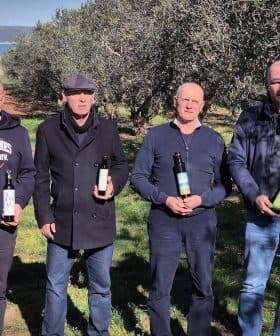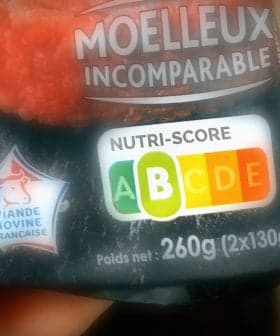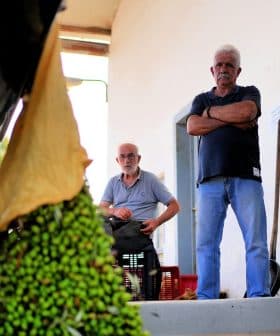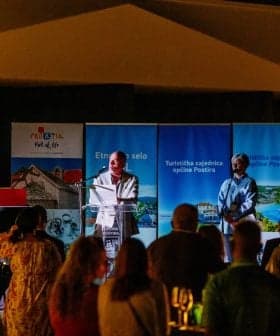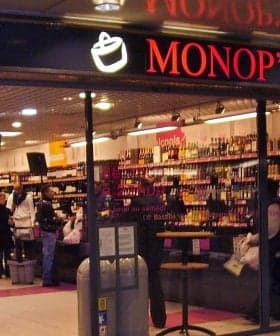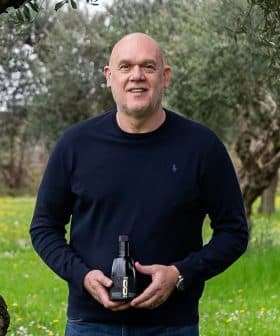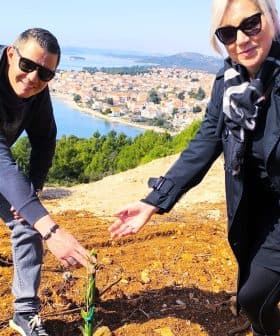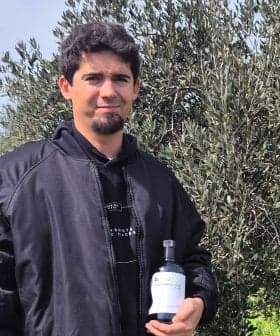Uncertainty at Croatia's Largest Company May Affect Regional Olive Oil Prices
Agrokor is the largest employer in the region and is a major buyer and seller of olive oil. Currently saddled with $6 billion in debt, the company is closing stores and restructuring.
Agrokor, Croatia’s largest food producer and retailer, is facing financial difficulties due to heavy debt, causing the closure of grocery stores and potential layoffs. The company’s struggles could impact the price of olive oil in the region, as it sources the product from both within Croatia and the European Union, leading to concerns over supply and demand in the global market.
Croatia’s heavily indebted food and retail concern Agrokor recently announced that it was closing 80 to 100 of its Konzum grocery stores and laying off an untold number of employees. As the largest food producer and retailer in the Balkans with revenue equivalent to 15 percent of Croatia’s gross domestic product, Agrokor’s financial difficulties stemming from approximately $6 billion in debt could cause fluctuations to the price of olive oil in the region.
As the owner of Ol Istria and Konzum’s K Plus olive oil brands, Agrokor sources its olive oil both from within Croatia and from the European Union. On the Istrian Peninsula, Agrokor owns at least 65,000 olive trees and produces 130 tons of extra virgin olive oil under its subsidiary company, Agrolaguna.
While Croatia only produces less than 6,000 tons of olive oil according to the International Olive Oil Council, or roughly 0.2 percent of global production, any disruption to supply and demand in the countries of the former Yugoslavia could complicate a global market already strained by a dismal harvest in 2016.
Agrokor currently employs roughly 60,000 people throughout the Balkans, with a further 150,000 people employed by Agrokor’s suppliers in Croatia alone. Concerns over Agrokor’s ability to meet its liabilities to suppliers have prompted some to demand payment in advance or to withhold deliveries of their products until compensated.
Considered “too big to fail,” a crisis manager named Ante Ramljak has been appointed by the Croatian government to ensure Agrokor’s ability to repay its debts and oversee the company’s restructuring. The company recently secured a €480 million ($535 million) loan to help avoid bankruptcy proceedings and repay creditors.
However, the burst of liquidity might only be a temporary fix for Agrokor. According to Bloomberg Markets, optimism for a cash influx during Croatia’s peak tourism season may be fading as Konzum’s competitors continue to capture market share.
The German discount supermarket chain Lidl has made significant inroads into the Croatian market in recent years, forcing Konzum to adjust its strategy by opening larger stores in key locations.
Despite closing 80 to 100 of its approximately 700 stores, Konzum recently opened a superstore in Supetar on the Croatian island of Brač, near the island’s only Lidl. While this may prove advantageous to Brachia, a primary supplier of Brač olive oil to Konzum, the new superstore may not be enough to keep consumers from visiting Lidl.
The size of Agrokor’s financial difficulties has prompted the Italian banking group Intesa Sanpaolo to cut its 2017 projections for Croatian economic growth from 3.2 percent to 2.9 percent. However, 2.6 million tourists visited Croatia in June of this year, up 31 percent from last year, offering a glimmer of hope to Agrokor and the olive oil companies that supply it.


